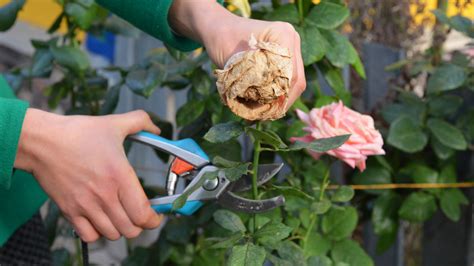Rose Charging: From Dead to Bloom in Minutes? Separating Fact from Fiction
The internet is awash with incredible claims, and "rose charging" is one that's captivated many. The idea of reviving a wilting rose to its former glory in mere minutes sounds almost magical. But does this technique actually work, or is it just another online myth? Let's delve into the science behind flower hydration and explore the reality of rose charging.
What is Rose Charging?
Rose charging, as it's commonly presented online, involves submerging a seemingly dead or dying rose in a solution of water and a few other ingredients, often including sugar, vinegar, or even bleach. Proponents claim this process rapidly rehydrates the flower, restoring its vibrancy and extending its lifespan dramatically. Videos showcasing this seemingly miraculous transformation often go viral, fueling the intrigue.
Does Rose Charging Really Work? The Science of Hydration
While the dramatic visuals of rose charging videos are captivating, the underlying claims need a closer examination. Flowers, like all living organisms, require water for survival. Wilting occurs when a flower loses more water than it can absorb, causing its cells to become dehydrated and limp. While adding water to the stem can help, the process isn't instantaneous.
The key is the flower's vascular system. If this system is blocked (due to bacterial growth, for example, or simply being too far gone), even abundant water may not reach the petals efficiently. Sugar can provide a temporary energy boost, but it won't magically unclog a blocked vascular system. Vinegar might have some antimicrobial properties, but its effect on reviving wilted roses is likely minimal. Bleach, on the other hand, is highly damaging and would likely kill the rose entirely.
Therefore, the rapid revival seen in some videos is likely due to one or more of the following:
- Pre-wilted flowers: The rose might have been only slightly dehydrated to begin with. The "revival" is then simply the flower rehydrating at a normal pace.
- Camera tricks and editing: Videos can be edited to make the process appear faster than it actually is.
- Selective showing of results: Only the successful revivals might be shown, while failed attempts are omitted.
How to Properly Care for Roses to Extend Their Life
Instead of relying on potentially damaging or ineffective "hacks," focus on proper rose care to maximize their lifespan. Here's what truly works:
- Fresh Cut: When you receive your roses, immediately recut the stems at an angle under water. This prevents air bubbles from entering the vascular system.
- Thorough Cleaning: Remove any lower leaves that would be submerged in water, preventing bacterial growth.
- Clean Water: Use clean, cool water and change it daily.
- Proper Vase: Choose a clean vase that is the appropriate size for your bouquet.
- Avoid Direct Sunlight and Heat: Direct sunlight and heat will cause your roses to wilt much faster.
- Flower Food: Commercial flower food packets can help extend the life of your flowers. They often contain sugar and an antimicrobial agent to help maintain hydration and prevent decay.
What About Other Methods of Reviving Wilted Flowers?
H3: Can I revive a completely dead rose?
Unfortunately, no. If a rose is completely dead (brown, brittle petals, significant stem damage), it's impossible to revive it. The cellular damage is irreversible.
H3: What are the best solutions for keeping cut roses fresh?
As mentioned above, clean water, a clean vase, proper cutting techniques, flower food, and avoiding direct sunlight are crucial for keeping cut roses fresh.
H3: How long can I expect cut roses to last?
With proper care, you can expect cut roses to last for approximately 5-10 days, perhaps even longer with flower food.
Conclusion: Realistic Expectations for Rose Longevity
While the dramatic claims surrounding rose charging might be captivating, the reality is far less magical. While you can't instantly revive a dead rose, proper care and attention will significantly extend its life and allow you to enjoy its beauty for much longer. Focus on proven techniques rather than fleeting online trends. Understanding the science behind flower hydration is key to achieving the longest-lasting blooms.

